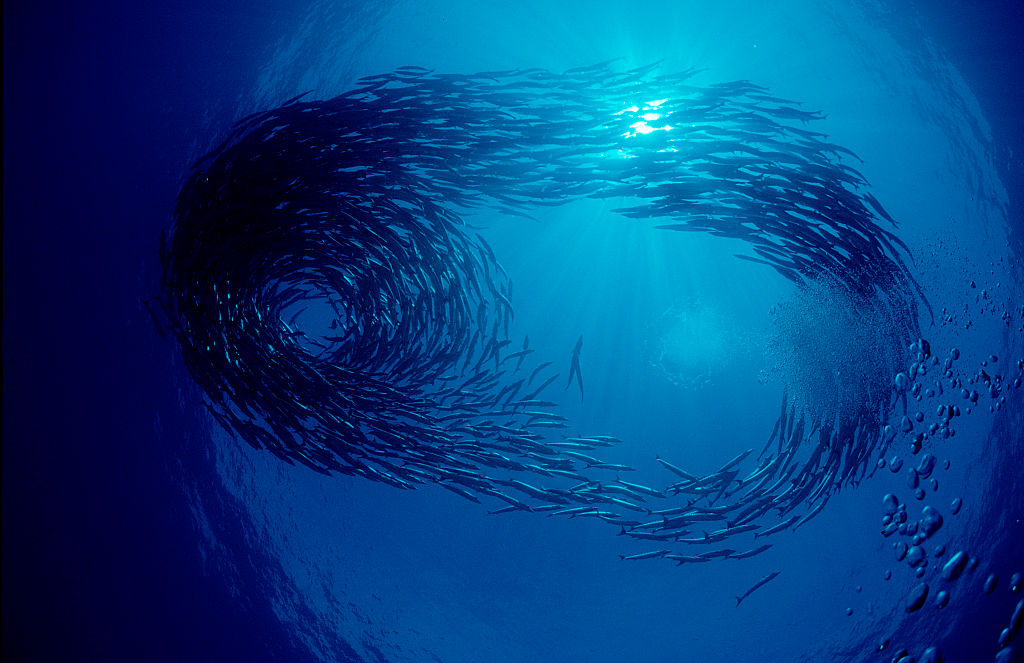
As China works vigorously to increase its influence in the region, it is stepping up its efforts to undermine Australia’s influence in Papua New Guinea and the South Pacific, and Australia is unprepared to counter Beijing’s push.
A disappointing aspect of Australia’s colonial administration over PNG up to its independence in 1975 was a failure to prepare the emerging nation to be a leader in agriculture and fisheries for both domestic consumption and export.
At independence, PNG’s economy was reliant on producing coffee, cocoa and copra, all of which were heavily affected by fluctuations in price and demand. It had a very small cattle industry, and no sugar industry or grain production despite the environment being wholly suited to crops in demand in PNG, Southeast Asia and beyond.
The fishing industry was small and disorganised, and fishing was purely a matter of subsistence for many.
Australia’s neglect of PNG’s agriculture and aquaculture sectors back then was made even worse by the rapid replacement after independence of agricultural officers with local people who were often not well trained for the job.
Today, agricultural production in most areas is stagnant at best and in decline at worst. Palm oil production has been a success story, but for key agricultural products such as coffee and cocoa quality has generally deteriorated and the income received by PNG’s hundreds of thousands of small-hold growers has been in decline for years.
The situation with aquaculture is even worse. PNG exports are largely confined to tuna, an industry often exploited to the disadvantage of local communities. PNG’s coastal area and rivers abound in fish, prawns and lobster, but the harvesting and export of these products are limited.
That is all about to change—in a way that will not benefit the people of PNG to the extent it should and that will present a significant challenge for Australia.
For decades, people in PNG have asked why Australia doesn’t import top-quality seafood, especially prawns, lobster, barramundi and other fish, from their country. The reason proffered has always been ‘biosecurity’ issues. Given that half of Australia’s seafood is now imported and much of it comes from countries such as Vietnam and even China, surely any biosecurity concerns about PNG produce can be addressed?
We have almost certainly missed the boat when it comes to assisting PNG to develop a sustainable aquaculture sector.
On 15 June, China’s ambassador to PNG, Xue Bing,
signed an agreement with PNG Foreign Minister Lino Tom for substantial volumes of PNG seafood to be exported directly to China. At the same time, the ambassador held out the prospect of a free-trade agreement between China and PNG.
For the best part of 60 years, Australia has neglected the development of an industry that would directly lift the living standards of hundreds of thousands of Papua New Guineans and now China is set to take control of its future. And it is going to do so right on Australia’s northern doorstep.
What is yet to be revealed is whether the agreement is principally about replacing Australia’s high-value seafood exports to China (worth more than $500 million in 2019) or about grabbing effective control over PNG’s seafood sector, including fishing for tuna, which is in high demand internationally.
Based on recent experience, I believe the agenda is much wider than just replacing Australian exports. It is about getting a dominant place in an industry that is underdeveloped but has enormous potential.
The Chinese embassy in Port Moresby would be aware that the capacity of PNG authorities to monitor catch levels and impose biosecurity and other controls is just about zero.
The rivers and coastal areas of Western Province—the part of PNG closest to the Australian mainland—abound in high-quality marine products, especially barramundi and prawns. Some of Australia’s Torres Strait Island communities are within easy reach by canoe and share fishing rights with their PNG neighbours.
Chinese fishing fleets will, sooner or later, target other areas close to Australia, including the Gulf of Papua, which adjoins the Coral Sea and the Great Barrier Reef and is rich in king prawns.
Australia’s experience in PNG and the South Pacific surely tells us that when China focuses on an industry it does so methodically and with little regard to what that means for the ‘grass roots’—in this case, coastal communities right around PNG.
In PNG, that means eight million men, women and children who rightly see food production, and agriculture generally, as being their one hope for a better future.
 Print This Post
Print This Post